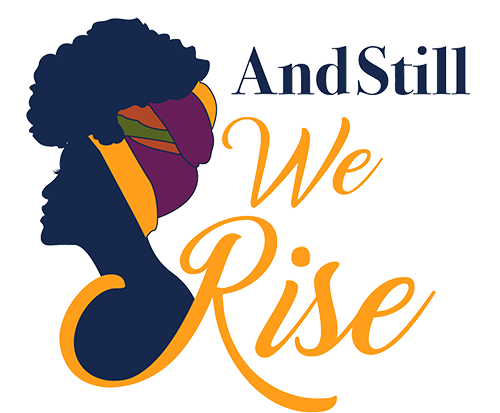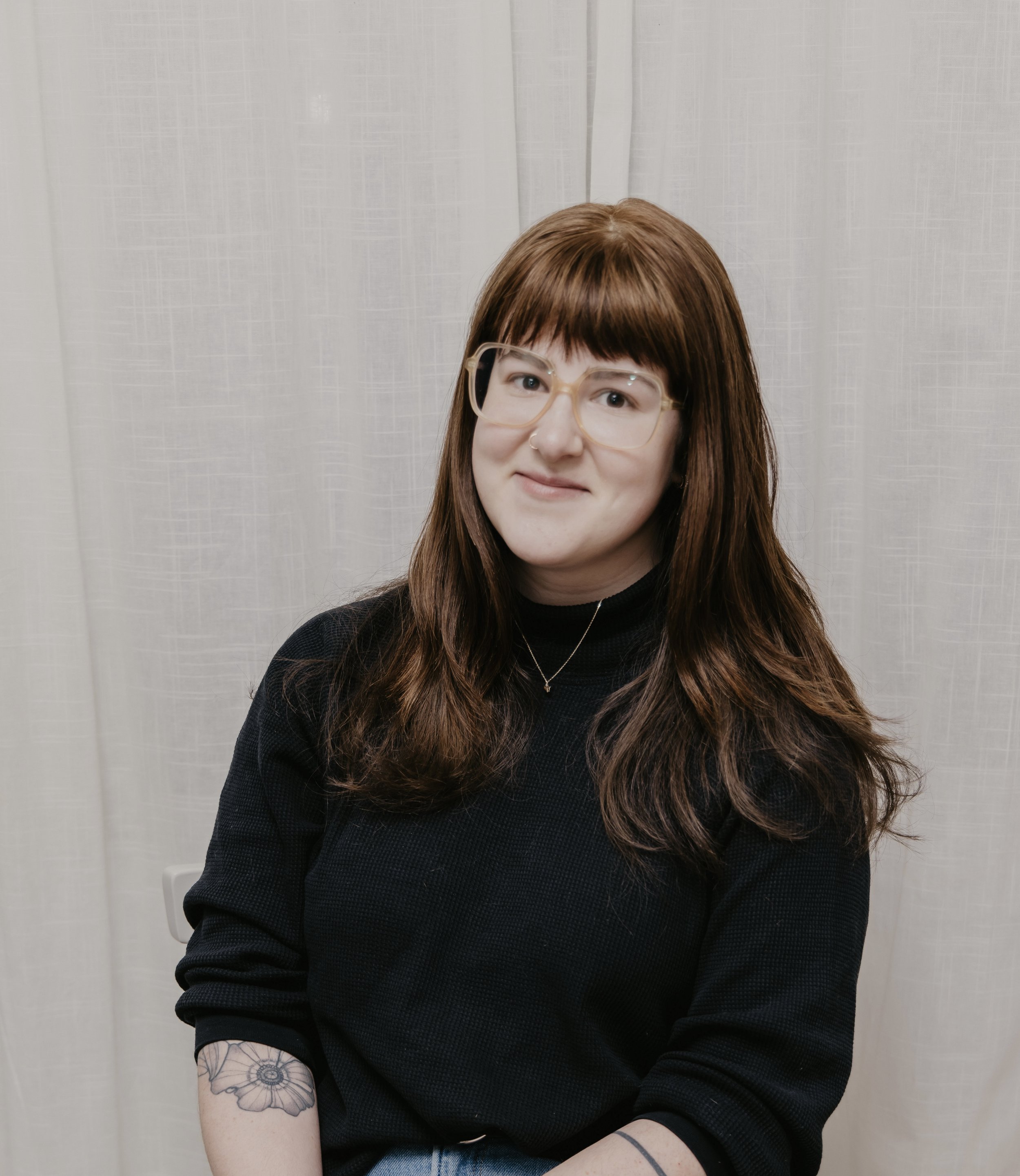Pride and #EQUALITY
By: Sarah Bolte, LMHC
If you’ve come out later in life, it can feel easy to see changes that have affected where or how queer youth can be “out” compared to how it might have been in your own youth. The tendency can be to label it as “how easy it is for this younger generation”. And maybe it is, but it comes with its struggles, too, and it’s important to remember that when considering the queer community as a whole. How do we make our community open for everyone that wants to be part of it?
For many of us “older queers”, in youth, we may not have known all the options we had, or understood ourselves well enough to find spaces we felt were supportive or safe (I use “older' relatively. Let’s be real, being an older queer these days means you’re thirty. Oh well). And while spaces like The Ladder were fostering a sense of community, known and “bigger” things like Stonewall or the HIV crisis come to mind when it comes to the hindrance of safe queer spaces. We consider these moments history but the impact on our community still exists today and sometimes the negativity becomes enmeshed into the community itself, and we pit ourselves against our peers and allies in an attempt to ensure our individualistic queer selves are seen.
This individualism is a problem. Many queer spaces were and still are segregated by our race, gender, sexuality, age, spiritual connections, etc., which prevents them from feeling accessible by all and limits the community as a whole. Now, I don’t mean that every space needs to accept everyone in that affinity spaces are super important, too. But what about a gay bar or even a school? Should our affinity spaces really be larger spaces for queer folk as a whole?
As Pride month is upon us, maybe it’s time to take a moment to reflect on the LGBTQIA+ spaces you’re a part of. Much of what we think about when we think of Pride these days is a typical capitalist rainbow t-shirt with a #LOVEISLOVE or my personal favorite, EQUALITY
(y'all know who we’re talking about here). It’s questionably a nice thought, but when was the last time anything related to capitalism or Pride was considered equal amongst all (PS: if you like the shirt, buy it. But maybe think about if you need it first - ayoo climate - and if the message connects with you, how do you live it.)
Pride has never been equal and it’s built on a foundation of struggle that has primarily affected Black and Brown queer folx, especially trans and non-binary folx. So when we consider equality and Pride, fostering inclusive queer spaces, and lessening individuality as a barrier, how do we hold each other accountable for remembering our history and intersectional identities so our community is actually a community and not a chosen community. Gonna repeat that again for the people in the back, if you uphold a queer space that isn’t inclusive and is focused on the individual, that isn’t specifically an affinity group, you’re leaving people out and missing the whole point of Pride in the first place.
We can foster our sense of individual queerness while committing ourselves to challenging and upholding Pride and queer community. This not only can improve our relationship with our own queerness, but we foster what much of the work of those at The Ladder or the folx at the front of Stonewall were working toward; allowing us to pave way for the new generations of folx to have the chance to be a part of queer spaces that are intersectional, inclusive, and supportive. And most importantly safe. So if you attend any Pride events this month (I hope you do!) I challenge you to take a moment to reflect on where you stand with upholding the community. Happy Pride!
PS: If PRIDE month is a struggle for you, you’re never alone:
PFLAG: PFLAG is the nation's largest organization dedicated to supporting, educating, and advocating for LGBTQ+ people and those who love them.
The Trevor Project: The Trevor Project is the leading suicide prevention and crisis intervention nonprofit organization for LGBTQ+ young people. We provide information & support to LGBTQ+ young people 24/7, all year round.
About:
Sarah Bolte, LMHC(she/her) is a psychotherapist at And Still We Rise, LLC, Licensed Mental Health Counselor and Registered Art Therapist. Learn more about Sarah here.

